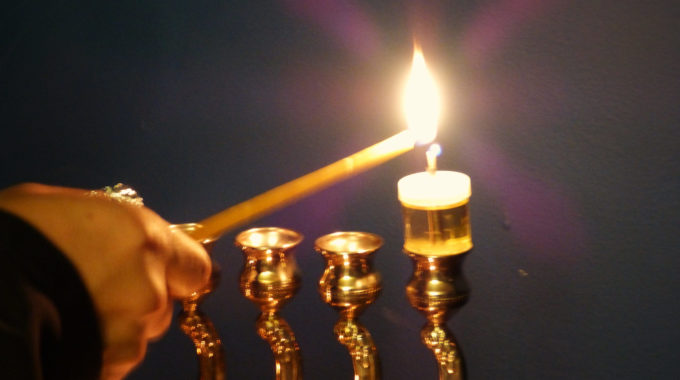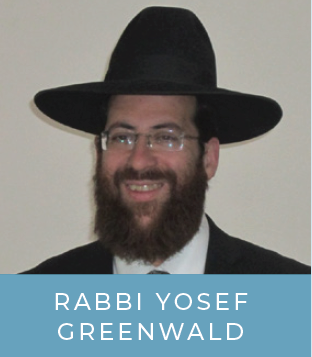Adapted from the writings of Dayan Yitzhak Grossman April 18, 2024 AP News reports: A…

Q&A From the Bais HaVaad Halacha Center
In the Light of Day
Dayan Yosef Greenwald
December 10, 2020
Q: I am in a facility where I will be unable to light Chanukah lights and unlikely to see any. May I make the bracha of shehecheyanu on the holiday?
 A: The Gemara (Shabbos 23a) states that one who sees Chanukah lights burning on the first night of Chanukah but is not lighting his own (e.g., he is traveling and unable to light) still recites the brachos of she’asah nisim and shehecheyanu (but not the first bracha, l’hadlik ner shel Chanukah). It seems from the Gemara that the bracha of shehecheyanu (and that of she’asah nisim) is recited on Chanukah only upon seeing Chanukah lights, but not if one did not see any or light any of his own. But this is puzzling, because it is evident in the Gemara in Eiruvin (40a) that shehecheyanu on Yom Tov can be recited with no concomitant mitzvah.
A: The Gemara (Shabbos 23a) states that one who sees Chanukah lights burning on the first night of Chanukah but is not lighting his own (e.g., he is traveling and unable to light) still recites the brachos of she’asah nisim and shehecheyanu (but not the first bracha, l’hadlik ner shel Chanukah). It seems from the Gemara that the bracha of shehecheyanu (and that of she’asah nisim) is recited on Chanukah only upon seeing Chanukah lights, but not if one did not see any or light any of his own. But this is puzzling, because it is evident in the Gemara in Eiruvin (40a) that shehecheyanu on Yom Tov can be recited with no concomitant mitzvah.
Indeed, the Me’iri (Shabbos 23a) says that someone in your position on Chanukah would make the shehechiyanu. Strangely, though, he says elsewhere (Megillah 4a) that if one is unable to read the megillah on Purim he does not recite shehecheyanu.
The Sheivet HaLevi (3:90) resolves this contradiction by distinguishing between Biblical and Rabbinic holidays: The kedushah of the latter is not sufficient to warrant shehecheyanu without a mitzvah, so on Purim, the bracha must accompany one of the day’s mitzvos. But on Chanukah, because Chazal say that passive participation in the mitzvah of ner Chanukah by viewing the neiros suffices for shehecheyanu, the Me’iri maintains that one can mentally participate even with no lights at all.
With regard to practical halacha, the Mishnah Brurah (692:1, and see Biur Halacha ibid.) cites the Mor Uketziah that logically, there is no difference between d’Rabanan and d’Oraisa holidays, so shehecheyanu requires no mitzvah on either Chanukah or Purim. But R’ Moshe Feinstein (O.C. 5:20) says that the kedushah of a Yom Tov d’Oraisa is stronger than that of a Yom Tov d’Rabanan with respect to shehecheyanu, such that on Chanukah and Purim a mitzvah is required, and someone in your situation would not make shehecheyanu.
May your situation soon change so as to render the question moot.





